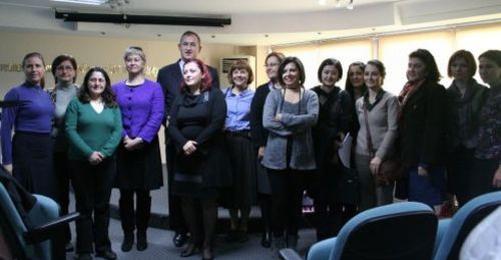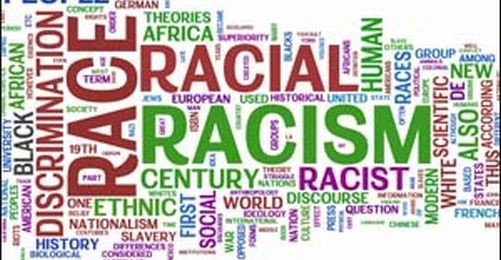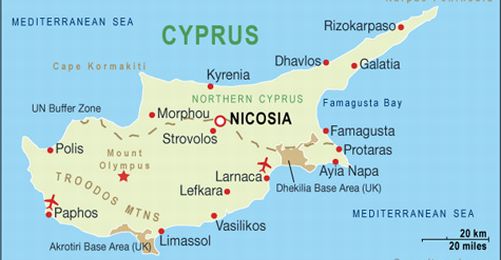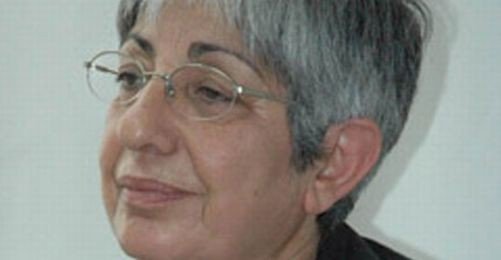“Only Women Can Get Women Into Constitution”

"It is clear that if we women do not organise ourselves and struggle, this constitution will exclude women.”
Hülya Gülbahar, president of the Association for the Support and Education of Women Candidates (KADER), thus expressed her disillusionment with the male-dominated government.
“Particularly during reforms of the Turkish Penal Code, the women’s movement organised an intensive struggle. As a result of that struggle, the parties and the public accepted our demands as justified. When the constitutional draft came out, we were surprised. It was necessary to organise again, and we came together in a short time.”
The draft for constitutional amendment, prepared by the ruling Justice and Development Party (AKP) under the leadership of Prof. Dr. Ergun Özbudun, was announced at the beginning of September. In the draft, the “equality of men and women” in Article 10 was replaced by a definition of women as “a group which needs protection” in Article 9.
Women have reacted to exclusion
Because the draft has been prepared without consulting anyone outside the party, more than 200 women’s organisations have come together to form the Constitution Women’s Platform. In its second press statement yesterday, the platform published its demands, asking for changes in 26 articles.
The women are protesting against the fact that the constitutional draft was prepared secretly and presented as finished.
Government has not learnt from previous dialogue
Pinar Ilkkaracan of the Turkish Penal Code Women’s Platform said that they attempted to speak to government representatives dozens of times during the reform process of the penal code, but that all attempts were left unanswered.
“We were forced to communicate our demands via the media. And they answered via the media. When a public opinion was created, they started talking to us in the last year. We thought that this had been a learning process fort he government, but we were totally wrong.”
What all experts say is really the same: "We want real, not theoretical equality." It is obvious that despite legal changes, there has been no real change in the attitude towards women. This is perhaps most obvious in legal decrees.
However, it is nevertheless vital to guarantee rights on paper, too. The women’s movement can then use them as a security to go further.
The importance of CEDAW
Habibe Yilmaz Kayar of the Civil Law Women’s Platform said:
“In the 1980s, Turkey signed the Convention on the Elimination of Discrimination against Women (CEDAW) without attributing much importance to it. But we saw the effects of the convention later. For instance, decrees of the Constitutional Court have started to refer to the convention.”
Kayar added that reforms to the Civil Code and the Law on the Protection of the Family were, despite some criticisms, in congruence with the convention and that “now there cannot be a constitution that violates CEDAW.” (EÜ/AG)
SOCIAL GENDER EQUALITY
Women and Journalists Hand in Hand against Violence

EUROPEAN COMMISSION AGAINST RACISM AND INTOLERANCE
Discrimination and Racism in Turkey Fuel Concern

Unionists in Northern Cyprus Protest PM Erdoğan

Policeman who Beat Juvenile Claimed Self-Protection

HRANT DINK MURDER
Court fully Protects Istanbul Police














